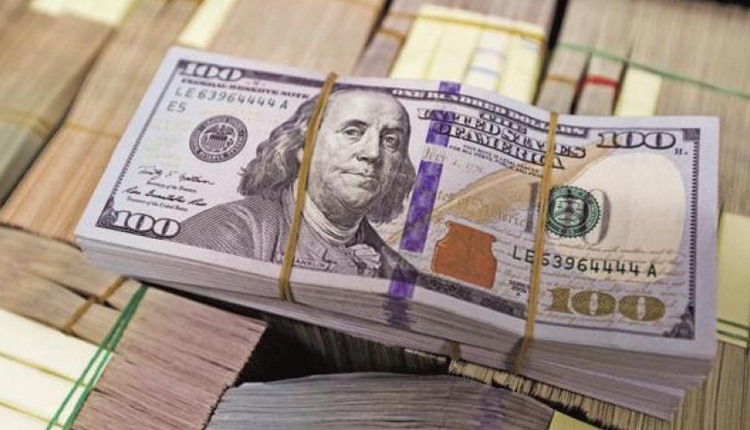The dollar slipped on Friday to its lowest against the euro in more than two weeks on reports a foreign bank was preparing to fund an acquisition of a European company, while signs of economic stabilization in China and a strong start to U.S. corporate earnings season boosted demand for riskier assets.
The euro was 0.38% higher against the dollar at $1.1293, its highest since March 26. Dealers attributed part of the euro’s strength to anticipated currency demand arising from a Japanese bank’s plans to purchase a German multibillion-dollar aviation finance business.
Speculators were buying the euro in response to reports on Mitsubishi UFJ Financial Group’s planned purchase of the aviation financing business of Germany’s DZ Bank, dealers said. The transaction was announced on March 1 and MUFG said the it was expected to close after June.
“The euro was well-supported in the Asian session on Japanese demand on the crosses but the euro has also looked quite ‘cheap’ in broader terms in recent weeks and still looks in our opinion a relative bargain around the 1.12 area,” Shaun Osborne, chief FX strategist at Scotiabank in Toronto, said in a note.
Investors’ appetite for riskier currencies got a boost after Chinese data showed exports rebounded last month, helping offset weaker imports, and reports of another reduction in Germany’s growth forecasts, analysts said.
Data from Europe was encouraging. Euro zone industrial output declined by less than expected in February.
U.S. stocks started the day strong boosted by better-than-expected results from JPMorgan and a $33 billion energy deal.
“It’s a party-like atmosphere for markets. Good news from China and U.S. earnings off to an auspicious start,” said Joe Manimbo, senior market analyst at Western Union Business Solutions in Washington.
“This has safe-havens on their back foot, that’s why the dollar is underperforming,” he said.
Against the Japanese yen, which tends to benefit during geopolitical or financial stress as Japan is the worlds biggest creditor nation, the dollar rose 0.35%.
The Australian dollar, which is sensitive to shifts in risk sentiment, jumped 0.67%.
The British pound rose against the U.S. dollar as traders were encouraged by the immediate risks around Brexit being pushed back by this week’s delay to the exit date. Sterling was up 0.10% at $1.3067.
Turkey’s lira was 0.62% weaker on the day after plumbing three-week lows, as investor expressed disappointment over the Turkish government’s economic reform plan unveiled this week.
Source: Reuters
